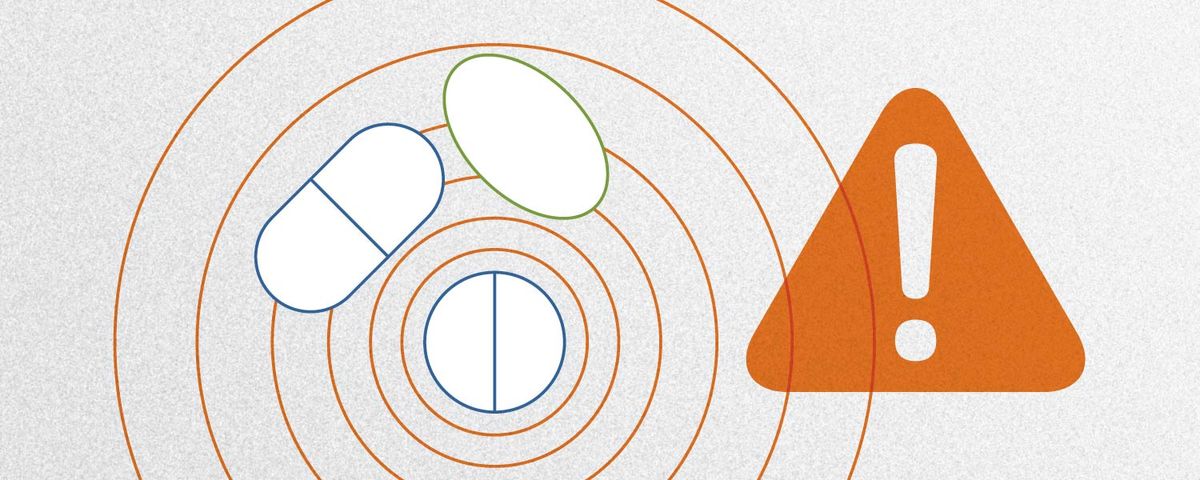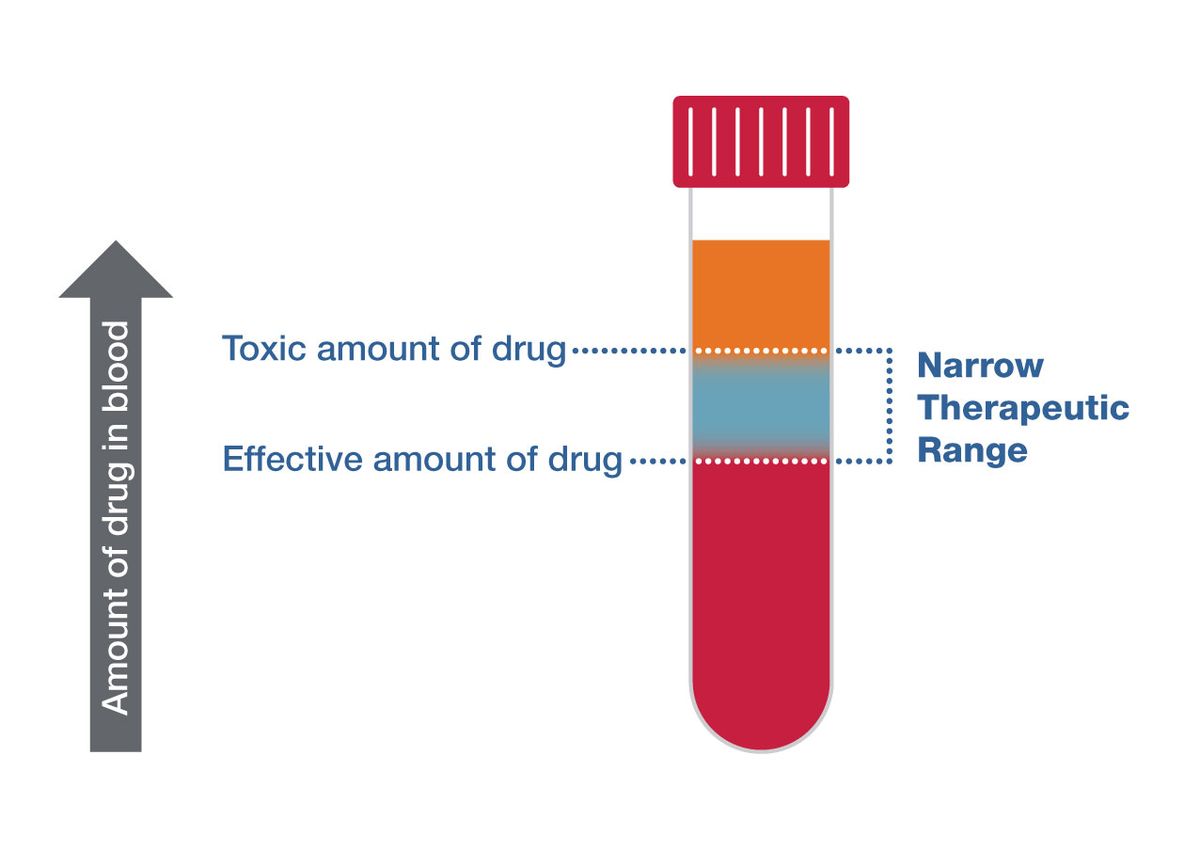Know the Science: How Medications and Supplements Can Interact

Some Medication-Supplement Interactions Can Be Serious
There are two situations when medication-supplement interactions are especially important:
- When you’re taking a medication that has what health care providers call a “narrow therapeutic range”
- When you’re going to have surgery
In these situations, it’s particularly important to talk with all your health care providers about the dietary supplements you’re taking now and any you may be considering taking in the future.
Medications With a Narrow Therapeutic Range

Having the right level of certain medications in your body is crucial. If the amount of the medication is even a little too low or too high, it can cause serious reactions that can be life-threatening or have life-altering outcomes.
Medications like these are said to have a “narrow therapeutic range” or “narrow therapeutic index.” Interactions are of special concern for medications with a narrow therapeutic range.
Examples of medications with a narrow therapeutic range:
- Carbamazepine (used to prevent seizures)
- Cyclosporine (used to prevent organ transplant rejection)
- Digoxin (used to treat heart problems)
- Phenytoin (used to prevent seizures)
- Warfarin (an anticoagulant—also called a blood thinner)
If You’re Going To Have Surgery
If you’re going to have surgery, talk with your health care providers as far in advance of the procedure as possible, and tell them about all dietary supplements that you’re taking.
Some dietary supplements may cause problems during surgery because:
- They may affect your response to anesthetics or to other medicines that you may be given before, during, or after the operation
- They may increase your risk of bleeding
- They may cause serious changes in your heart rate or blood pressure
Some health care providers will ask patients to discontinue all herbal supplements several weeks before having elective surgery (surgery that can be scheduled in advance).
Tip: If you’re having an emergency surgery, you won’t have a chance to stop taking supplements ahead of time. But it’s still important for you or a loved one to tell your surgeon and anesthesia provider about all dietary supplements that you’re taking so that they can be prepared for any problems that might occur.